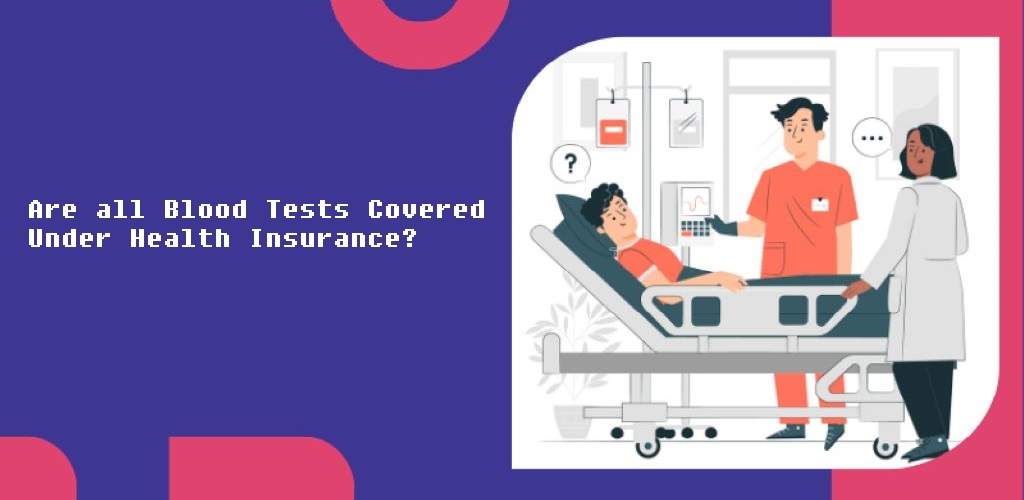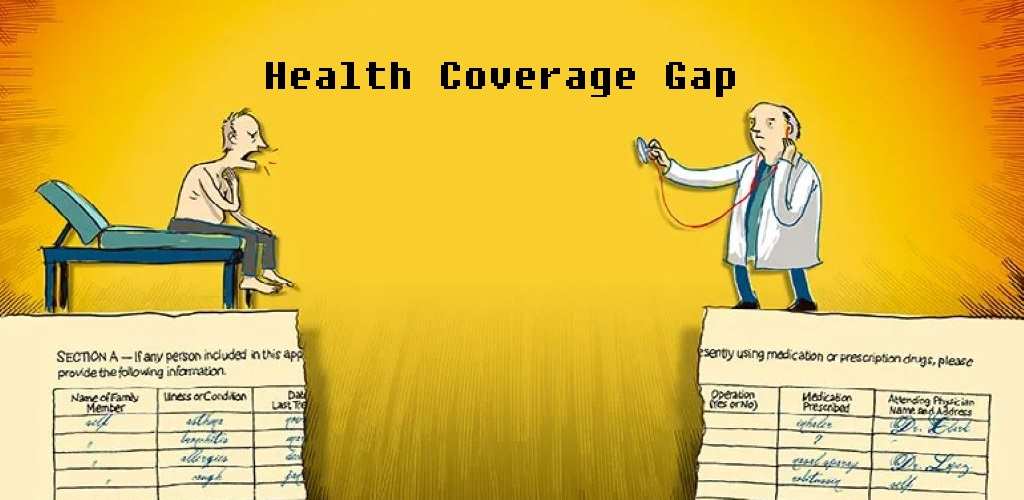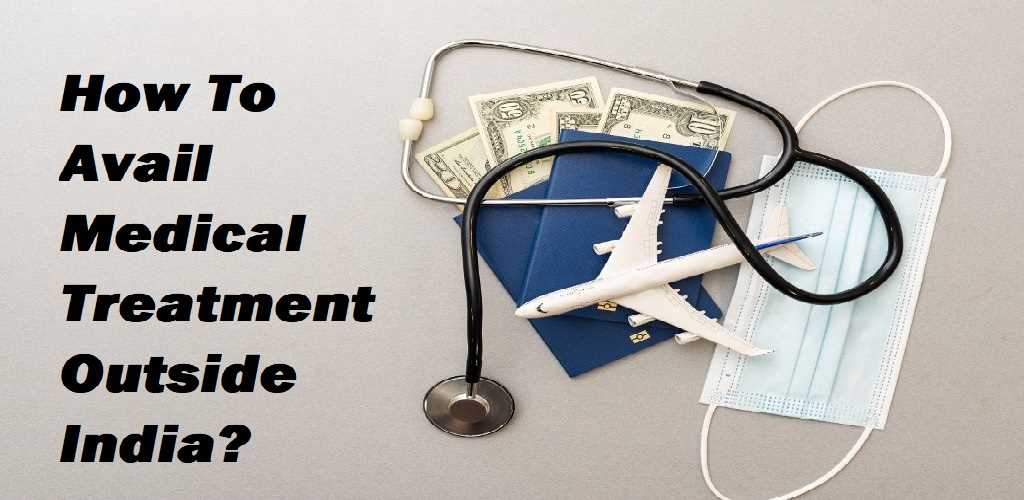Many people, especially the elderly, struggle with hearing loss as a result of health issues and the ageing process. In reality, it is clear that hearing-related issues are a significant problem given the expanding number of people choosing hearing aid technology.
Health insurance companies today offer coverage for a variety of medical requirements. However, does your health insurance cover hearing aids? To help you know if you may anticipate hearing complications being covered by your medical insurance, we shall explore the same in this blog. However, let’s first define what hearing aids are.
What Are Hearing Aids?
Hearing aids are electrical devices that are designed for people with hearing problems. Basically, they consist of three major components, namely microphone, amplifier, and receiver. These are compact devices that, depending on the patient’s comfort, can be placed either behind or inside the ear. Furthermore, the device’s design determines how the patient will utilize and wear it.
When Does An Individual Need Hearing Aids?
When an individual has a hearing issue or hearing loss brought on by injury to the inner ear, including the eardrums, middle ear, or ear canal, they need hearing aids. There may be a variety of causes for such harm. Some of them are mentioned below:
- Age-related conditions
- Accidental injury
- Congenital diseases
- Exposure to loud noise
- Medicine side effects
Does Your Medical Insurance Cover Hearing Aids?
The majority of insurance providers don’t include the cost of hearing aids in their health insurance plans. The majority of the time, insurance companies include hearing aids in their list of exclusions along with other items like contact lenses, eyeglasses, and so on.
You might be interested to know that certain health plan carriers give coverage for hearing aids. However, there are some conditions in which the insured can expect reimbursement for the hearing aid device under his or her best medical insurance policy, such as if the device is required due to any medical treatment that is covered under the policy or if the device is required due to any accidental injury.
Insurers are now taking into account the costs that customers had to incur in order to get these hearing aids. As a result, several of them are developing coverage for such devices as part of their general plan or as an add-on. Therefore, by paying an additional premium in addition to the regular plan they are purchasing, policyholders can purchase these covers as options or add-ons.
Why Wouldn't An Insurer Provide Coverage For Hearing Aids?
Individuals with hearing loss are frequently regarded by the insurance provider as being a serious risk. This is due to the likelihood that you will file an insurance claim to cover the cost of your hearing aids, which may result in a claim of several thousand dollars.
Additionally, the average lifespan of a hearing aid is five years, which increases the expense to your insurance provider. To put it plainly, your insurance company will have a lower probability of turning a profit when providing coverage for hearing aids, which is why many of them don’t offer the coverage. Although it might be extremely unfair and infuriating, this is regrettably how the insurance industry operates.
How Much Does Hearing Aids Cost In India?
To get hearing aids in India, you may need to pay anywhere from Rs. 10,000 to over Rs. 15 lakh rupees, depending on your needs. Therefore, the patient must pay for the device depending on the severity of the issue as well as other variables like the patient’s age and requirements. Even though there are many individuals in India who are deaf to varying degrees, including children, relatively few of them can afford to get hearing aids. As a result, there aren’t many people using this equipment nationwide.
Coverage For Hearing Aids
Some health insurance providers offer plans that include protection against hearing aids. The benefits earned under such programmes do, however, differ from one insurer to the other. Having a backup in the form of health insurance for such hearing devices is crucial because they are expensive and susceptible to wear and tear. People can continue to be covered for such pricey ear devices in this way.
To Sum Up
People who suffer from partial or total hearing loss find it difficult to go about their daily lives without difficulty and are prevented from leading happy lives. Therefore, in order to receive some coverage for hearing aids as well as other coverages, you must have complete medical insurance.








